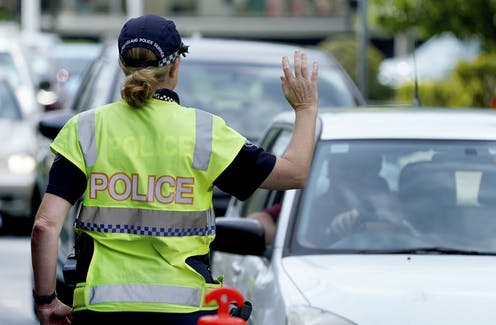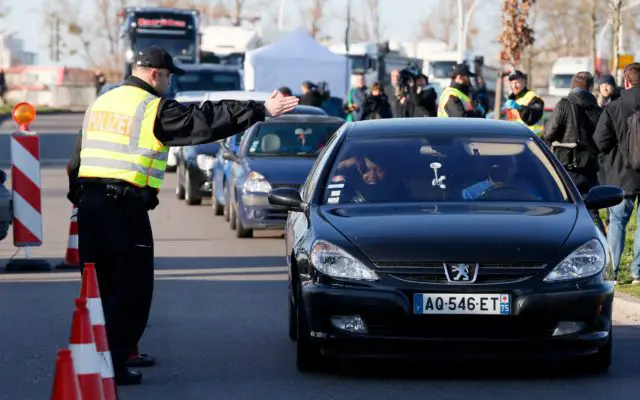
National Assembly deputies paved the way this week to a bill that aims to drastically reduce the fine for breaching the vehicle health restriction imposed by them on April 3 due to the Pandemic.
The initiative promoted by the Christian Socialist Pablo Heriberto Abarca was dispensed with processing in the plenary session, which implies that it is exempted from the procedure in a legislative commission.
With the amendment to the Traffic Law, the fine for breaching the restriction implies payment of ¢ 107,768, in addition to the removal of the plates and six points on the license. However, Abarca intends that it only applies a fine of ¢ 23,000 without implying the removal of plates and loss of points on the driver’s license. This was authorized by the deputies, after the approval in the second debate of the bill that implies an amendment to the Traffic Law.
“I would hope that we can advance quickly in this project that seeks to balance and return to reasonable sanctions, today when the restriction is breached, three sanctions to be applied in our opinion is too severe,” said Abarca.
Among their justifications are that the return of plates has become a cumbersome process that takes up to two months. “We would hope to rationalize this fine and make it a Law of the Republic soon,” said the deputy.
Why the change?

In the initiative, Abarca justified that in the previous April it was intended to have a deterrent tool due to its considerably punitive nature. Similarly, as a measure to prevent further infections of COVID-19.
However, it had a negative effect by undermining citizens’ freedom of movement, “which have been affected economically, and are submitted to the cumbersome procedure that involves the return of plates by Cosevi; and therefore also for the State, since as the official data that appear on the Cosevi website indicate, the number of appeals for this type of infraction transcends the regular, and generates costs and resources for the State at a time where the containment and optimization of resources are fundamental”, as detailed in the text.
Likewise, he considered that the measure was planned temporarily although its application has been severe over time. “The right of movement has been restricted for disproportionate and arbitrary periods, without the mediation of technical and/or scientific data that demonstrate the effectiveness of the measure in the fight against the COVID 19 Pandemic, nor needs the vehicle restriction measure; and there is no clarity on the effect of the measure on the mobilization of people”, he concluded.
Currently, the vehicle restriction prevents traffic twice a week according to the last number of the plate, and circulation is allowed from 5:00 a.m. at 10:00 p.m. During the week, but on Saturdays and Sundays, it applies from 5:00 a.m. at 8:00 p.m.

